T4K3.news
Thames Water could face government intervention
A plan to potentially place Thames Water in special administration is under discussion as CKI shows interest in the company.
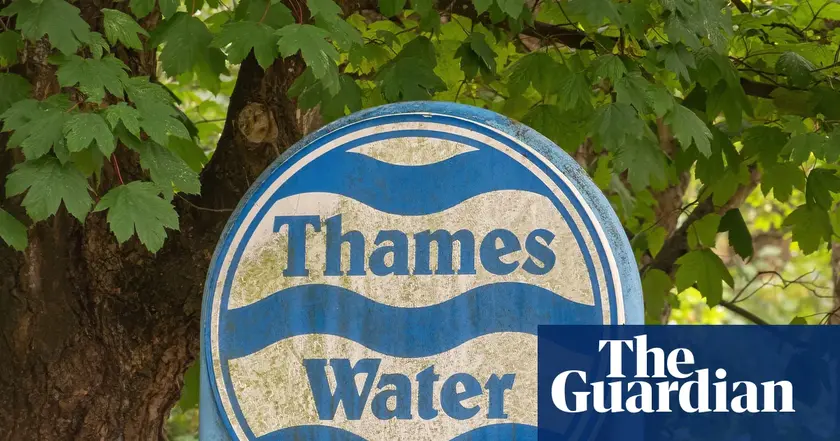
CKI is among bidders lining up to buy Thames Water if the company enters special administration.
CKI Leads Bid for Thames Water Amid SAR Talks
Thames Water faces a heavy debt load with about 17.7 billion pounds in net debt and a regulatory gearing of 84.4 percent. Hong Kong infrastructure group CKI is reportedly among the leading bidders should the water supplier enter special administration. The company has warned that large anticipated fines could threaten its ability to operate, building on a 104 million pound penalty already levied for sewage breaches this year. The government has started contingency planning and appointed FTI Consulting to prepare for a possible collapse, a move that would require court approval while keeping customers supplied.
Earlier this year KKR pulled its bid, shifting leverage to Thames Water’s class A creditors who are in talks with Ofwat about injecting new capital. CKI has previously shown interest and argues its track record with large UK assets like UK Power Networks. Some MPs have raised concerns about CKI’s links to Beijing, as the Chinese sovereign wealth fund holds a stake in Thames. The government aims to avoid nationalisation but says contingency planning is necessary, given the scale of the potential 4 billion pound SAR burden and the possibility of a future government outlay while taps stay on for customers.
Key Takeaways
"should be avoided at all costs"
Iain Duncan Smith on CKI ownership
"A SAR would shield customers but cost the state"
Editorial take on a potential special administration
"Foreign investment tests the line between service and sovereignty"
Editorial commentary on foreign ownership debate
The Thames Water case tests how Britain balances public service with global investment. A CKI bid signals strong investor interest in UK utilities but also raises questions about foreign ownership of critical infrastructure. Contingency planning by the government shows a willingness to intervene, yet it highlights the fiscal risk to taxpayers should a special administration unfold. The debate will extend beyond debt numbers to questions of accountability, governance, and whether market dynamics can deliver reliability without shifting cost to the state.
If CKI wins a path remains unclear about how a sale would reshape public perception of essential services. The outcome could set a precedent for future infrastructure deals and influence how policymakers design safeguards for customers, investors, and taxpayers in a fraught financial environment.
Highlights
- Water is a public trust not a balance sheet
- Public money should not be the safety net for private debt
- Taps stay on but the bill lands with taxpayers
- Foreign investment tests the line between service and sovereignty
Foreign investment and public backlash risk around Thames Water sale
The case raises political sensitivity around foreign ownership of critical infrastructure and potential taxpayer exposure through a special administration. The debate may trigger public backlash and budgetary scrutiny as costs shift between companies, regulators, and the government.
The road ahead will shape how Britain guards essential services.
Enjoyed this? Let your friends know!
Related News
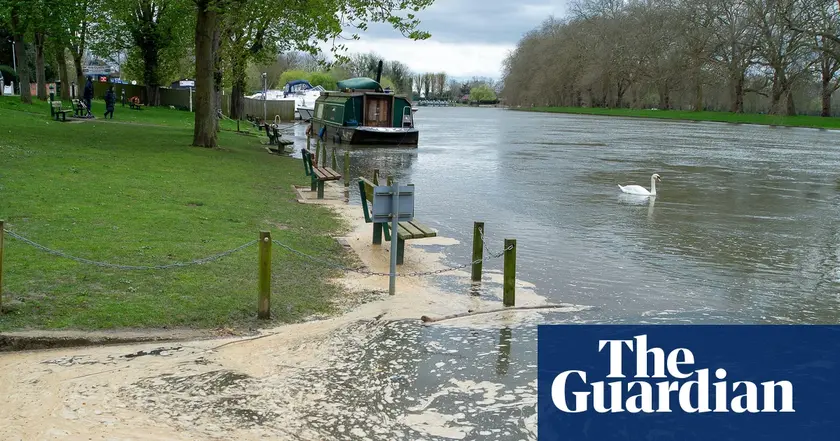
Ofwat to be abolished as water sector faces criticism

Thames Water contingency plans approved
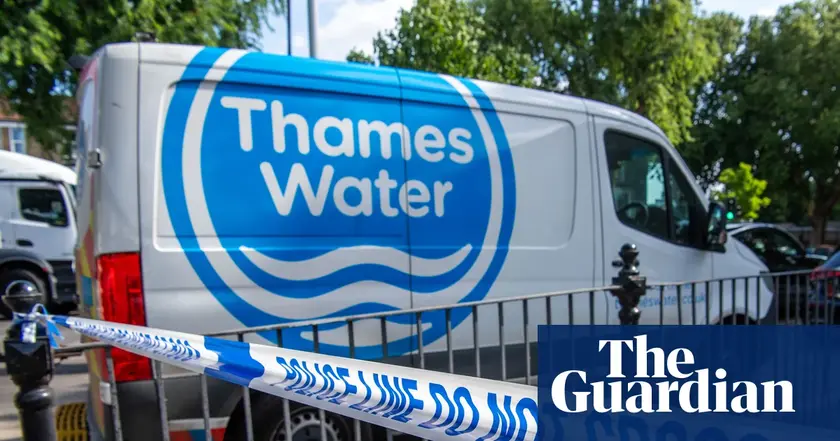
Thames Water appoints advisers to plan for potential collapse
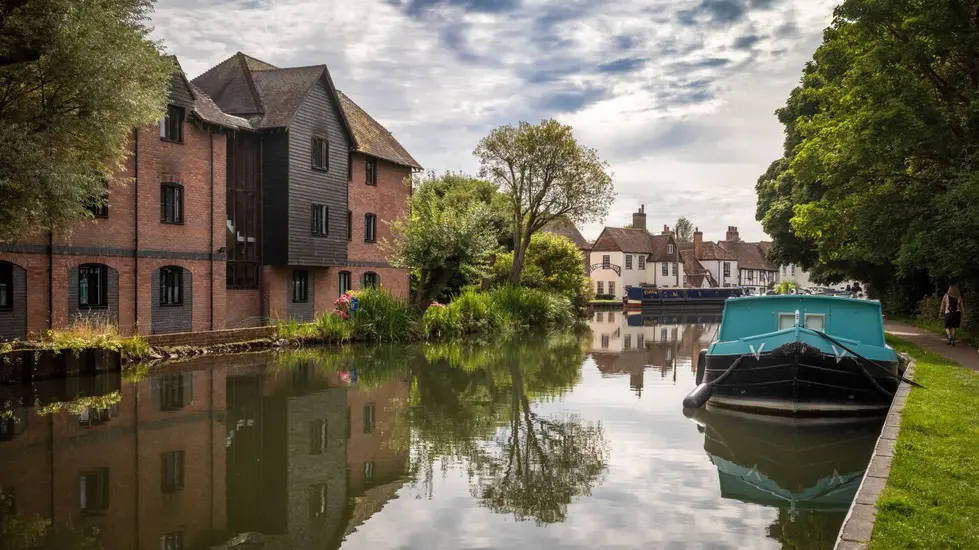
New report highlights urgent water pollution concerns in the U.K.
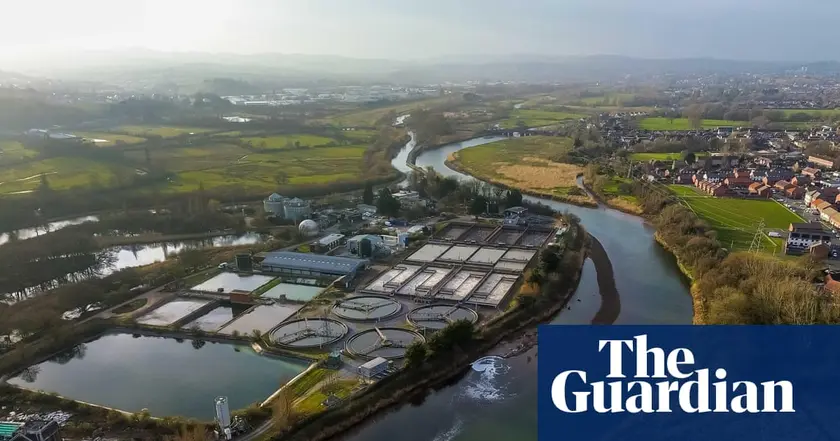
New water regulation announced for England and Wales
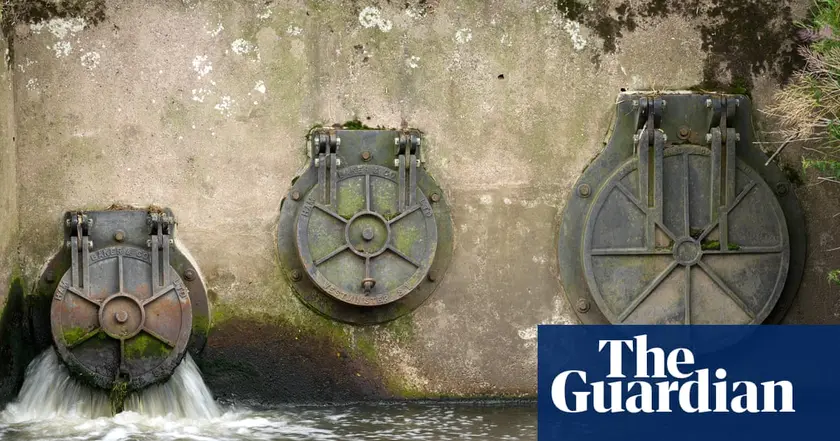
Water companies sidestep Labour's bonus ban
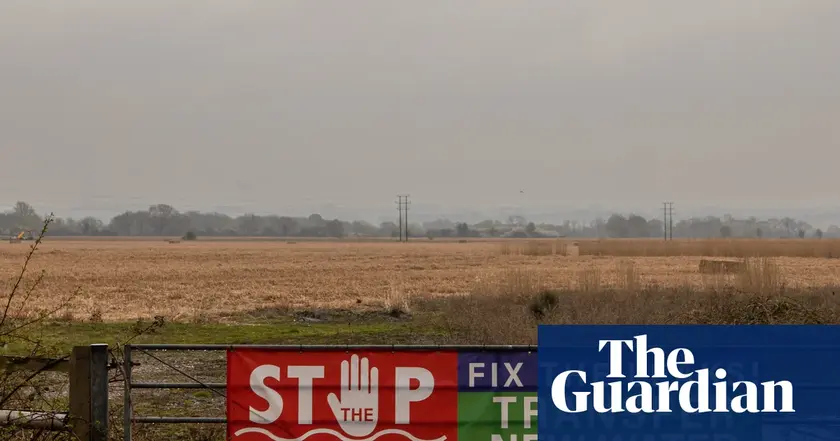
Abingdon reservoir cost rises

UK abolishes Ofwat to reform water regulation
